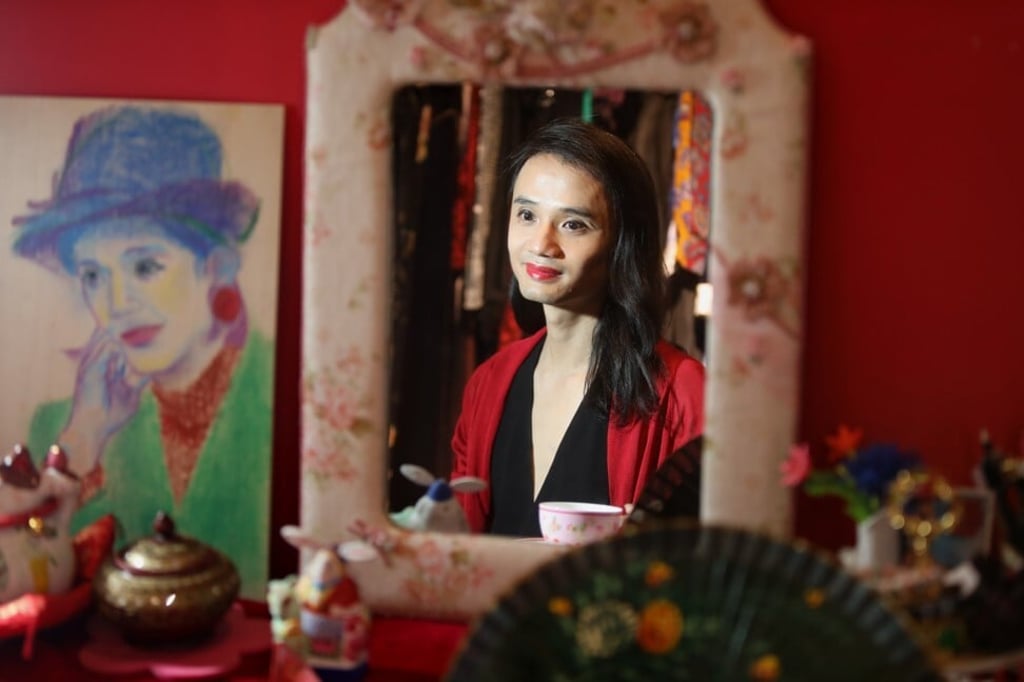Being transgender in China: activist on her struggles, and surgeon on his patients’ biggest challenge
- Chao Xiaomi says there is still a serious lack of LGBT education in China, and wants to reach out to its smallest and most traditional communities
- A gender reassignment surgeon says the medical community also lacks understanding, and criteria for surgery can be tough for patients to meet

Chao Xiaomi considers the question: “Why are you not happy that you were born a man?”
That’s because, she says, “in order to live like a man I should drink more, be stronger, have many girlfriends, play rugby – you know – do manly things.”
Chao, who describes herself as “gender fluid” and prefers to be referred to as a “her”, giggles as she covers her bright-red lipsticked mouth with a hand. We are seated in her vintage clothing shop, Equal, in the Beijing neighbourhood of Gulou, known for its many surviving traditional hutong alleyway homes. She arrives slightly late for the interview and apologises as she puts down her elegant black hat.
“The traffic was terrible. I live all the way outside the sixth ring road,” she says.

Chao chose to move there from a more central location when her rent became too high. “I want to keep doing what I’m doing and fight for society’s acceptance of transgender people without only having to think about making money,” she says.
Chao Xiaomi (Xiaomi means “little grain of rice”) was born a boy almost 40 years ago in China’s northern Shanxi province. She realised at a very young age that she identified more as female but her family, feeling ashamed, forced her to play only with other boys, and signed her up for football and basketball classes. The young Chao did as she was told, playing with other boys despite feeling she had nothing in common with them.